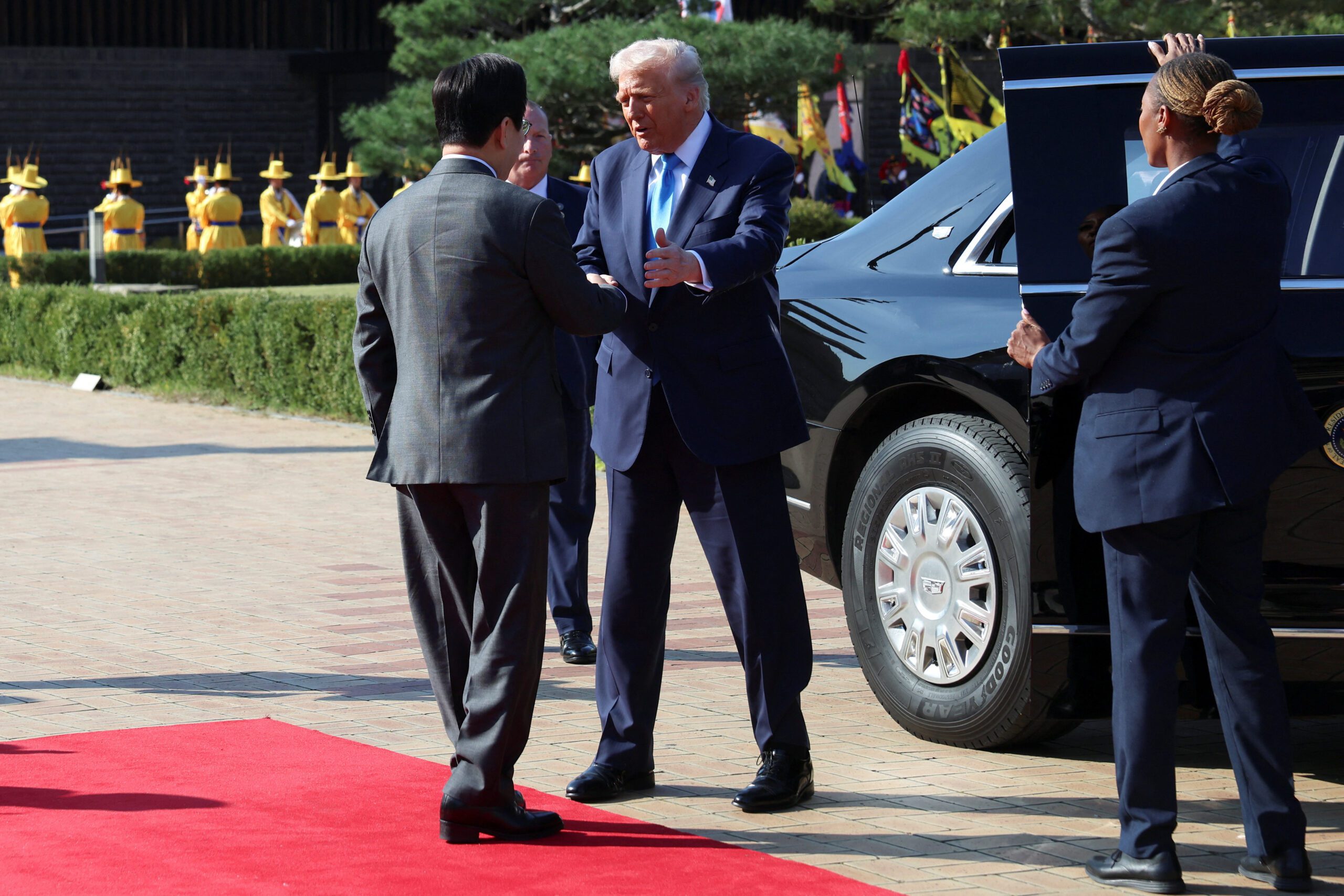HII (NYSE: HII) and HD Hyundai Heavy Industries (HHI) signed a memorandum of understanding on Monday at the Sea Air Space expo in National Harbor, Maryland, seeking to boost collaboration on military and commercial shipbuilding.
The agreement between HII, America’s largest military shipbuilder, and HHI represents a concrete step toward strengthening the maritime industrial base of both the United States and South Korea.
“Today’s agreement reflects our commitment to explore all opportunities to expand U.S. shipbuilding capacity in support of national security,” said Brian Blanchette, HII Executive Vice President and President of Ingalls Shipbuilding. “By working with our shipbuilding allies and sharing best practices, we believe this MOU offers real potential to help accelerate delivery of quality ships.”
The collaboration aims to leverage both companies’ expertise to advance technological innovation and maximize production efficiency. Won-ho Joo, chief executive of HHI’s naval & special ship business unit, expressed optimism about the partnership’s potential to “expand our expertise in shipbuilding” and “deliver even greater value to our customers.”
HHI, the world’s leading shipbuilder with a 10% market share, has delivered more than 2,300 ships globally as of 2023. As a licensed defense contractor for the Korean Navy, HHI designs and constructs advanced surface ships, submarines, and support vessels.
This partnership builds on recent momentum in U.S.-Korean maritime cooperation. Last month, Hanwha Ocean achieved a milestone by completing maintenance work on the USNS Wally Schirra, marking the first time a Korean shipyard has serviced a U.S. Navy vessel. The six-month project at Geoje Shipyard included comprehensive hull and engine repairs, demonstrating the yard’s capability to meet strict U.S. Navy standards.
The agreement aligns with broader U.S. government initiatives to revitalize American shipbuilding. The Trump administration recently announced plans for a new White House office of shipbuilding and tax incentives for domestic builders. These measures follow a USTR investigation that found China’s maritime practices, including state subsidies and unfair labor practices, have significantly impacted U.S. maritime capabilities.
The agreement comes at a critical time when U.S. shipbuilding output has dramatically declined to fewer than five ships annually, while China produces approximately 1,700 vessels per year. China’s market dominance has grown from less than 5% in 1999 to over 50% in 2023.
Former Secretary of the Navy Carlos Del Toro laid groundwork for this type of cooperation as part of his Maritime Statecraft initiative aimed at countering China’s growing influence in global shipbuilding. Part of the effort involved advocating for partnerships with more shipbuilders, both domestically and from close allies like South Korea and Japan.

 Join The Club
Join The Club











